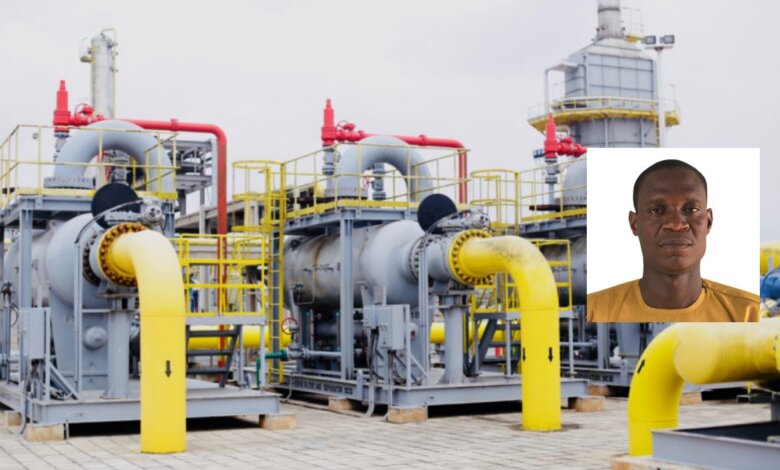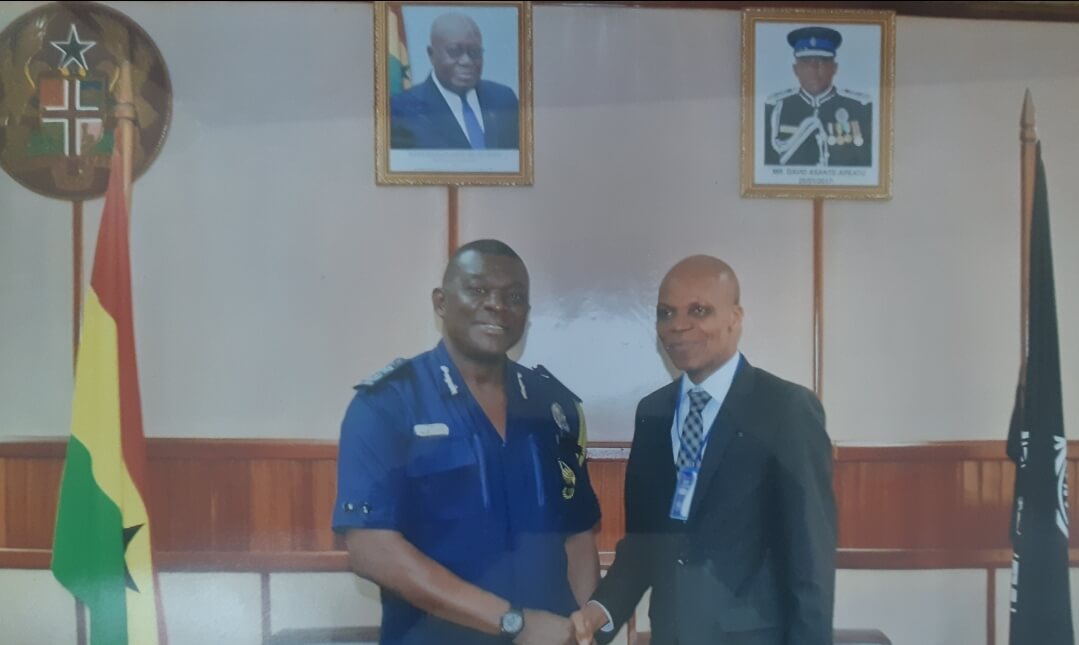Taking charge of Ghana’s energy future with Tema’s refinery

The challenges posed by Ghana’s heavy dependence on oil importation are well-documented, with the country currently importing 97% of its petroleum products.
This reliance not only leads to economic challenges such as high costs and drains on foreign reserves but also undermines Ghana’s ability to control prices and ensure a stable supply of energy for its citizens.
In light of these pressing issues, I urge Governments to take decisive action to revitalize the Tema Oil Refinery (TOR) as a critical step towards reducing Ghana’s reliance on imported petroleum products.
Key measures
The Ghanaian government should allocate necessary resources and investments to upgrade TOR’s infrastructure, technology, and operational capacity. This will enhance the refinery’s efficiency and competitiveness in the market. It can also explore opportunities for collaboration with private sector entities to leverage expertise, innovation, and funding for TOR’s revitalization. Public-private partnerships can help drive operational excellence and sustainability.
Implementing regulatory reforms can create a conducive environment for the growth and sustainability of domestic refining operations. Streamlining approval processes, establishing clear guidelines, and ensuring compliance with environmental standards are crucial steps in this regard.
Ghana can prioritize skills development and capacity building initiatives for TOR employees to enhance their technical expertise, operational efficiency, and safety practices. A well-trained workforce is key to the refinery’s success. The revival of TOR will create employment opportunities for Ghanaians, contributing to economic growth and development.
It is necessary to establish robust governance mechanisms to promote transparency, accountability, and good governance in TOR’s operations. Regular audits, performance evaluations, and stakeholder engagement can help ensure that the refinery operates in the best interests of the nation.
By increasing domestic refining capacity, Ghana can reduce its vulnerability to global oil price fluctuations and ensure a stable supply of petroleum products for its economy and citizens. Domestic refining can also lead to improved environmental standards, as Ghana can better regulate and monitor the environmental impact of refining activities within its borders.
Importing refined petroleum products comes at a significant cost to the Ghanaian economy. Revitalizing TOR will not only help reduce these costs but also create opportunities for value addition within the country.
This can be made possible by investing in TOR technologically. Enabling the implementation of modern technologies and best practices in refining, will enhance operational efficiency and competitiveness.
Benefits
By implementing these measures, Ghana can achieve energy aecurity. Strengthening TOR’s operations will reduce Ghana’s vulnerability to global oil price fluctuations and enhance its energy security by increasing domestic refining capacity.
Revitalizing TOR will create employment opportunities, stimulate economic growth, and reduce the country’s reliance on costly imports, thereby saving valuable foreign exchange reserves.
With domestic refining, Ghana can adhere to stricter environmental standards and mitigate the environmental impact of oil importation and transportation.
To ensure the success of this initiative, it is essential to undertake a comprehensive assessment of TOR’s current state, identify areas for improvement, and develop a clear roadmap for its revitalization. This will involve mobilizing resources, engaging with stakeholders, and implementing governance mechanisms to enhance transparency and accountability in TOR’s operations.
Tema Oil Refinery is a crucial step towards achieving energy self-sufficiency, economic stability, and sustainable development in Ghana. I urge the government of Ghana to prioritize this initiative and lead the charge towards a brighter and more resilient energy future for our nation.
Author
Papa Kwasi Dentsil-Koomson (MCS, CMSC, BC, BF) is the CEO / MD of Mineserve Engineering Ghana Limited (MEGL) and Managing Member of Great Nevada Oil & Gas Exploration LLC, USA. He is also a certified Private Investigator, Counter Terrorism & International Relation Professional.
His expertise includes engineering & construction project management, oil & gas industry operations, markets & drilling, risk analysis and economic crime investigations with over 15 years of experience.

Disclaimer: The views and opinions expressed in articles and content by our contributors are those of their’s and do not necessarily reflect the official policy or position of our publication. We make every effort to ensure that the information provided is accurate and up-to-date, while holding contributing authors solely responsible for their contributions.





